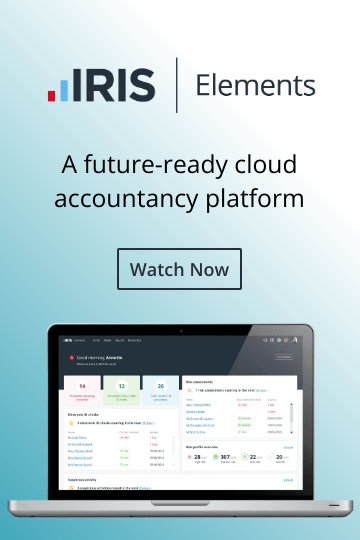BLOGS
Marginal Gains: Little victories can win the biggest wars
In our latest series of blogs, IRIS Product Director Steve Cox looks at the benefits of combining a marginal gains strategy with IRIS software to create wide-ranging advantages for your practice & clients
At some point in time, we’ve all thought about how making a big change to our personal lives might lead to big improvements to our quality of living.
New house; new job; new city; new relationship… The risk involved in these upheavals is substantial, and the fallout from such leaps into the unknown reverberates through every aspect of our lives.
Why do we do it? The answer is quite simple: life is the pursuit of happiness in the face of varying degrees of risk. Should our attempted leaps prove unsuccessful, the falls can be devastating.
But what if we took a more strategic approach to improving the quality of our personal lives? What if instead of taking one giant leap that could potentially make us, say, 30% happier, we took 30 incremental steps making us 1% happier at a time and all but removing the element of risk?
I think it’s safe to say that we’d embrace such a philosophy with little to no encouragement; perhaps you already do. And what about if this philosophy existed in a professional capacity? Would you embrace it then?
Fortunately it does and you can; and it’s commonly known as marginal gains.
The effectiveness of a marginal gains strategy is quantifiable and has led to global success for a number of now-legendary British sporting institutions, and it can be equally as effective for you as it has been for elite athletes.
Join us as we study how this strategy became a blueprint for the best and we reveal exactly how, when combined with our market-leading technology, little victories will win big wars for your practice.
A compelling package
Marginal gains strategies are increasingly being adopted across a host of competitive industries, and accountancy practices are following suit. As new, integrated technology like ours rapidly becomes accessible, combining it with a marginal gains strategy can lead to achieving more in less time and with fewer resources.
As well as enabling success, a marginal gains strategy also mitigates failure. If one department identifies a potential small improvement and fails, not only is the scale of the failure insignificant, it’s also unlikely to affect other departments.
Conversely, successful marginal gains compound, so if even the smallest of gains works, it will create a sizeable competitive advantage and reward your practice’s bravery.
Pulling ahead, 1% at a time
A 1% improvement in how an accountancy firm manages the flow of data between client and accountant, for example, may not have a considerable impact over the short-term but, over time, that 1% will compound and increase in value, especially when compared with competitors that either didn’t make the equivalent improvement or worsened.
With a focus on operational efficiency, time-saving and business functions, adopting a marginal gains strategy in conjunction with IRIS will enable you to deal with the challenges modern accountancy firms face head-on.
The journey continues…
In the coming weeks, I'll be demonstrating how you can transform your practice into a fit, functional and future-proof business. Next up: how accountants are carving out a new role, shifting from number cruncher to business adviser.









